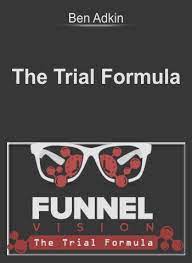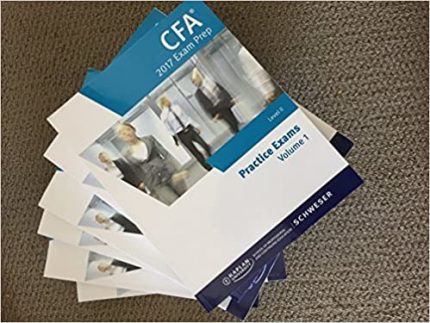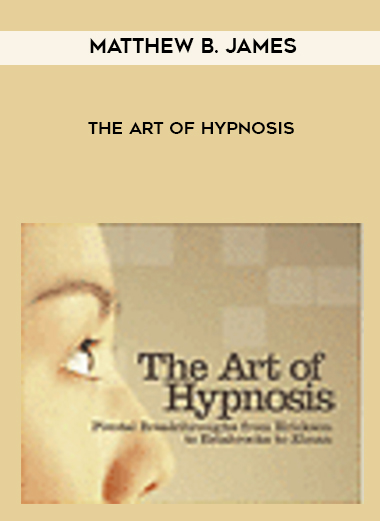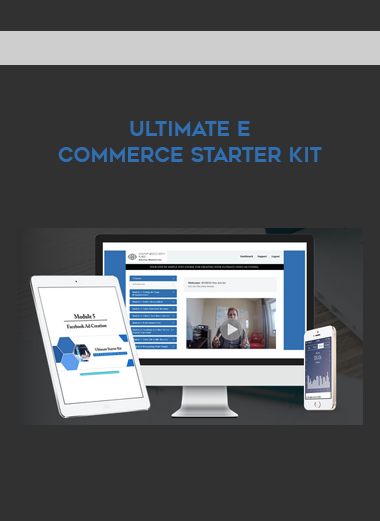
Daniel Amen – Unchain Your Brain: 10 Steps to Breaking the Addictions That Steal Your Life
Are you chained to your addiction to smoking? Drinking? Sugar? Drugs? Food? Prescription painkillers? Caffeine? Internet porn? Gambling? Sex?
When you are chained by an addiction, it can ruin your life, devastate your family, destroy your relationships, derail your career, lower your grades, and make you physically ill.
Do you want to break free from your addictions?
If so, you need to optimize your brain. The brain plays a central role in your vulnerability to addiction and your ability to recover. Brain dysfunction is the number one reason people fall victim to addiction, why they can’t break the chains of addiction, and why they relapse.
Unchain Your Brain: 10 Steps to Breaking the Addictions That Steal Your Life is a practical, easy-to-follow step-by-step program that shows you how to boost your brain so you can kick your bad habits. In this audiobook, you will discover:
- How addictions get stuck in your brain, how to get them unstuck, and how to find lasting motivation to change
- Why brain imaging changes everything, even if you never get a scan
- How to get the right evaluation to ensure that you can heal from your addictions
- The six different types of addictions based on brain types, why all addicts are not the same, and how to find the best treatment solutions for you based on your brain type
- Strategies to boost your brain to get control
- Ways to lock up the craving monster that steals your life
- Tips to eat right so you can think right and heal from your addiction
- How to kill the addiction ANTs that infest your brain and keep you in chains
- Ways to prevent relapse by following H-A-L-T plus brain science; and
- How hypnosis and meditation can help you unchain your brain, including a 12-minute meditation and a real hypnosis session done by Dr. Amen.
What is Hypnosis & NLP ?
Neuro-linguistic programming (NLP) is a pseudoscientific approach to communication, personal development, and psychotherapy created by Richard Bandler and John Grinder in California, United States, in the 1970s. NLP’s creators claim there is a connection between neurological processes (neuro-), language (linguistic) and behavioral patterns learned through experience (programming), and that these can be changed to achieve specific goals in life. Bandler and Grinder also claim that NLP methodology can “model” the skills of exceptional people, allowing anyone to acquire those skills. They claim as well that, often in a single session, NLP can treat problems such as phobias, depression, tic disorders, psychosomatic illnesses, near-sightedness, allergy, the common cold, and learning disorders. NLP has been adopted by some hypnotherapists and also by companies that run seminars marketed as leadership training to businesses and government agencies.
There is no scientific evidence supporting the claims made by NLP advocates, and it has been discredited as a pseudoscience. Scientific reviews state that NLP is based on outdated metaphors of how the brain works that are inconsistent with current neurological theory and contain numerous factual errors. Reviews also found that all[dubious ] of the supportive research on NLP contained significant methodological flaws and that there were three times as many studies of a much higher quality that failed to reproduce the “extraordinary claims” made by Bandler, Grinder, and other NLP practitioners.
Daniel Amen – Unchain Your Brain: 10 Steps to Breaking the Addictions That Steal Your Life
Readmore About : Daniel Amen









































Reviews
There are no reviews yet.